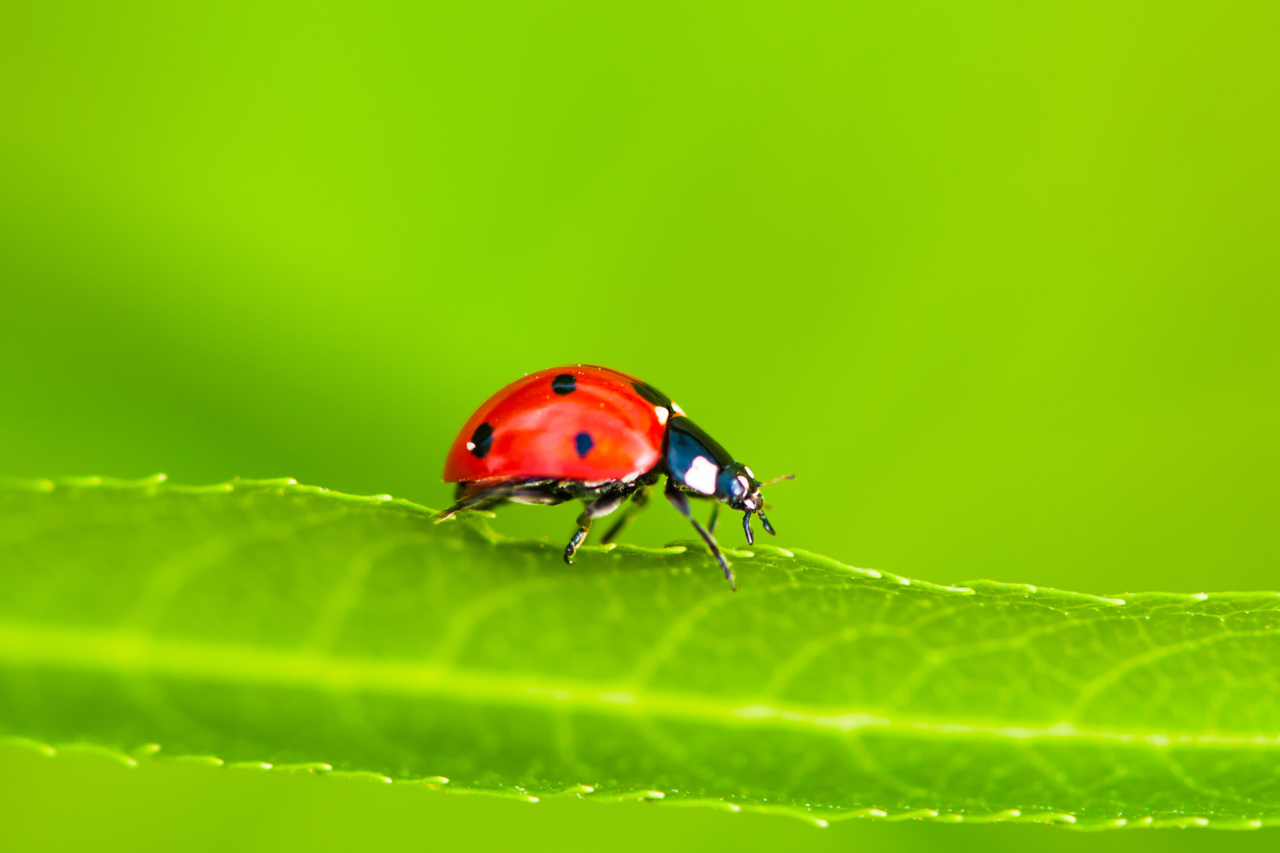
Kenyan farmers are constantly battling pests that threaten their crops and livelihoods. While chemical pesticides have been the go-to solution for decades, they come with serious drawbacks—soil degradation, water pollution, and harmful effects on human health. Biological pest control offers a sustainable, organic alternative that harnesses nature’s own methods to manage pests.
Biological control involves introducing natural predators, parasitoids, or biopesticides to curb pest populations. Ladybugs, lacewings, and predatory mites, for instance, help control aphid infestations in vegetable farms. Bacillus thuringiensis (Bt), a naturally occurring bacterium, effectively manages caterpillars and other insect pests without harming beneficial organisms.
One of the most effective examples in Kenya is the use of parasitic wasps to control the fall armyworm. Instead of spraying harmful chemicals, farmers release these tiny wasps that lay their eggs inside armyworm larvae, preventing them from reaching maturity and causing damage.
Despite its effectiveness, biological control faces challenges. Many farmers lack awareness or access to biological pest control agents. Furthermore, the high initial costs of some biopesticides deter widespread adoption.
Government support, research funding, and farmer training programs are essential to promoting biological control in Kenya. By reducing dependency on synthetic pesticides, biological pest control contributes to healthier ecosystems, safer food, and a more resilient agricultural sector.

